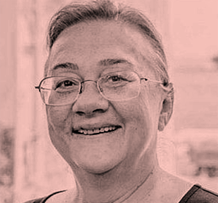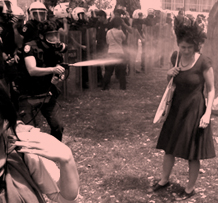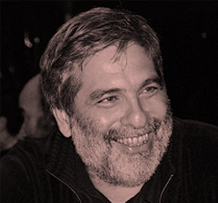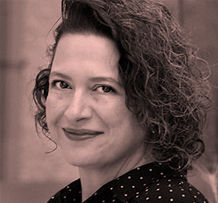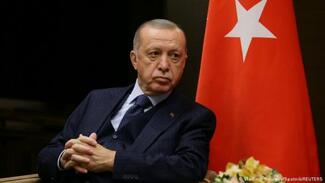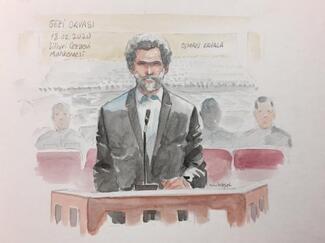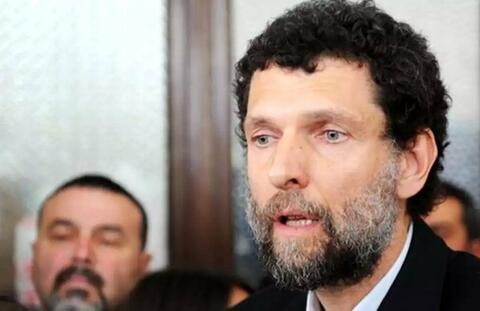
The co-rapporteurs for the monitoring of Turkey by the Parliamentary Assembly of the Council of Europe have appealed to Turkey’s authorities to find a solution to the Kavala case which is in line with an earlier ruling of the European Court of Human Rights.
Ending a three-day visit to Istanbul and Ankara focused on the case, John Howell (United Kingdom, EC/DA) and Boriss Cilevics (Latvia, SOC) said they had been shocked by the aggravated life sentence given to philanthropist Osman Kavala on 25 April 2022, which they said “blatantly defied the 2019 ruling of the European Court of Human Rights”. The non-implementation of this ruling prompted the Council of Europe Committee of Ministers to launch an infringement procedure in February 2022, which is on-going.
“As a result of our fruitful meetings in the last few days, we have heard the legal arguments on both sides. However, it seems clear to us that evidence deemed insufficient by the Strasbourg Court to justify even a pre-trial detention was nevertheless used as the basis for the harshest possible sentence at first instance level. This amounts to a clear disregard for the findings of the European Court of Human Rights. We believe that the Court’s judgment also applies to the subsequent indictment for which he was re-arrested,” they said.
The two rapporteurs said the conviction of seven co-defendants in the Gezi trial - including the Director of the Council of Europe School of Political Studies and prominent civil society activists - to severe prison sentences, and their immediate imprisonment, was also of great concern. “We regret that we were not able to visit Mr Kavala and his Gezi trial co-defendants in prison. We note, however, that there were no complaints about their prison conditions and that, until the judgment is final, these individuals remain detainees and are not finally convicted.”
“We believe that resolving the Kavala case lies in the hands of the Turkish judicial system, which has the capacity to find a legal solution which complies with the Strasbourg ruling – in compliance with international law, and reached without political pressure or undue interference. We sincerely hope that higher courts will show a more diligent interpretation of the Strasbourg court judgement, and we stand ready to help achieve this, in any way we can.”


